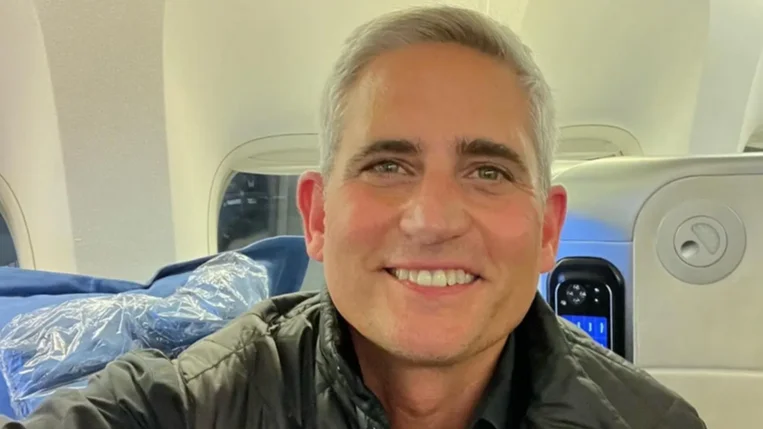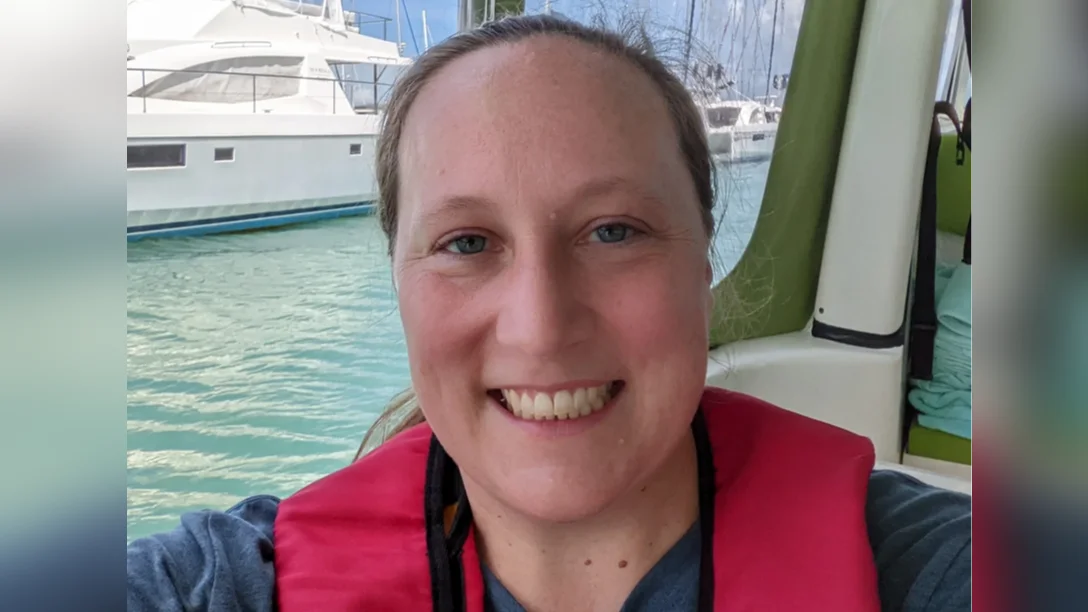Historically, flight crews included additional members such as flight engineers, radio operators, navigators, and relief pilots. After Boeing changed cockpit designs in the 1980s with the advent of the Boeing 757, crew numbers fell to two. Charles Toups, former vice-president of Boeing research and technology, told The Guardian in 2018 that single-pilot operations in passenger aircraft were unlikely unless tests in freighter aircraft became standard practice.
At a summit held in Toulouse a few years ago, Airbus hinted that more automated technology might pave the way for single-pilot operations. "We need to mature technology to enable any further cockpit member reduction in crews," an Airbus representative stated.
The International Federation of Air Line Pilots’ Associations (IFALPA), the Air Line Pilots Association (ALPA), and the European Cockpit Association (ECA) jointly commented that despite technological advancements, single-pilot operation isn’t advisable. "Every aspect of your flight...is deliberately designed for a team working together on the flight deck."
A report published in Forbes noted different airlines have varying contracts with pilot associations regarding crew requirements: "The Delta contract with ALPA specifies 'No aircraft performing company flying will operate with fewer than two pilots,' while United's ALPA contract states flights cannot operate 'unless the minimum crew consists of two pilots from United’s seniority list.' American’s contract with APA does not specify a commitment to a two-pilot cockpit."
In early last year’s interview with Reuters, EASA manager Andrea Boiardi said that achieving single-pilot operations by 2030 was “absolutely not realistic.” Other voices against this transition include:
- UK Civil Aviation Authority highlighted potential impacts on mental health, crew training, job satisfaction, and medical requirements.
- A Qantas Airbus A330 captain opined that emergencies might overwhelm a single pilot.
The deliberate crash of Germanwings Flight 9525 serves as a cautionary tale against rushing into single-pilot operations. Similarly concerning is Malaysian Airlines MH370's disappearance under suspicious circumstances involving its pilot.
Single-pilot operations face additional challenges at complex airports like Lukla and Paro. Moti Ram Itani from Himalayan Airlines discussed these difficulties: "The feasibility...depends fully on advancements in AI-integrated systems." Reliable AI algorithms would require extensive testing and infrastructure upgrades to mitigate risks effectively.
Despite medical emergencies being handled impressively onboard flights without accidents rarely resulting in fatalities and air crashes decreasing over time—making air travel one of the safest modes of transport—pilots' associations warn that hastening towards single-pilot operations could jeopardize aviation's impressive safety records.
 Alerts Sign-up
Alerts Sign-up





































